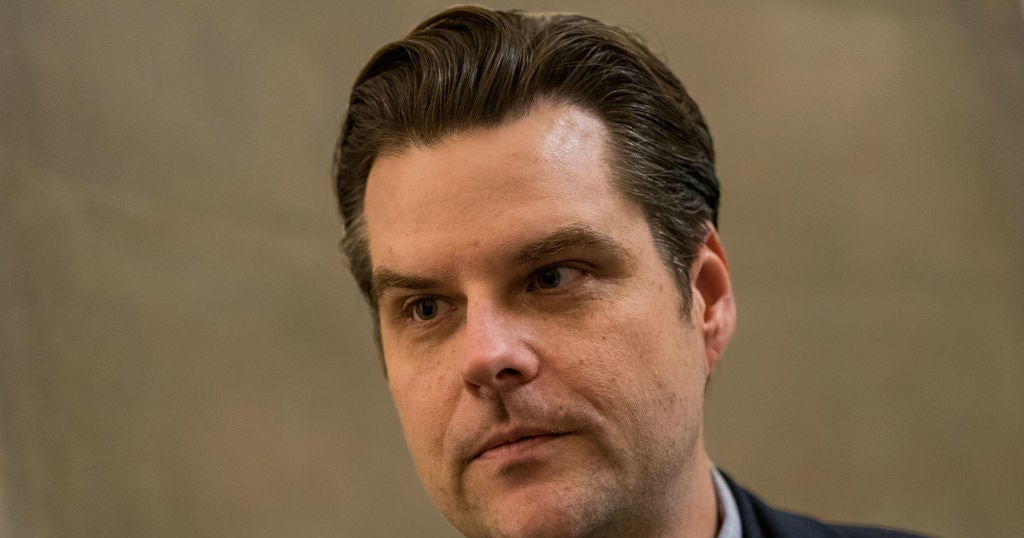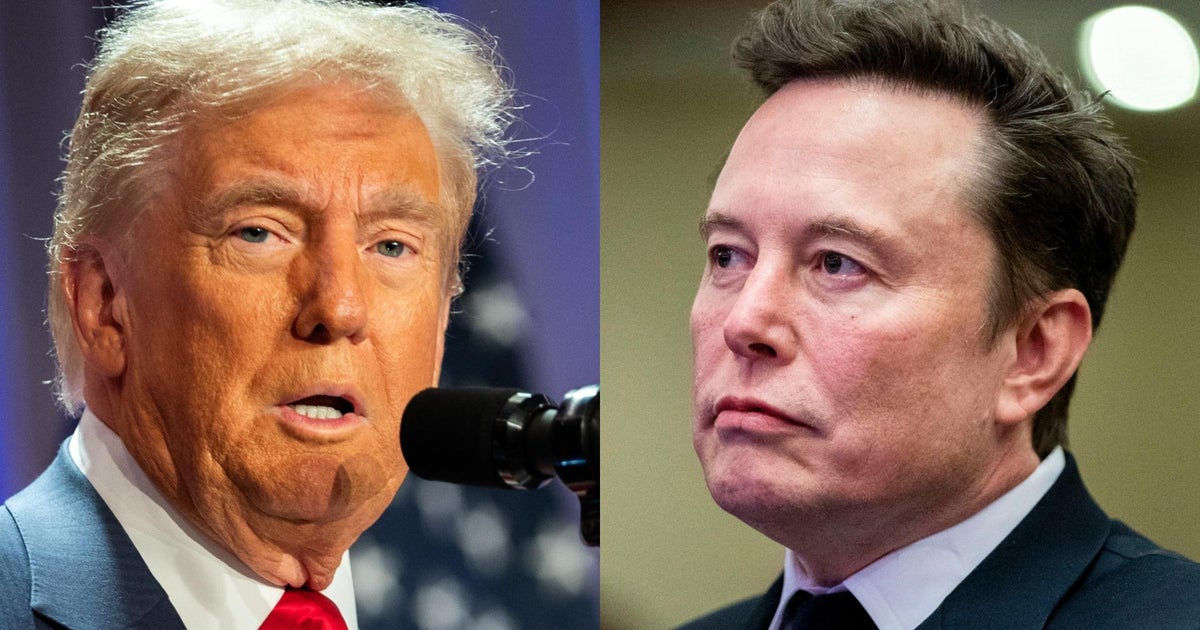After Cracking Down On Racial Justice Protests, Republicans Cheer Canadian Truckers

After demonstrations against racist police violence and dangerous oil pipelines spilled out into roadways over the past few years, Republican leaders in states such as Florida and South Dakota enacted harsh new laws to punish protesters who block traffic.
Now those same politicians are making a U-turn, cheering on the Canadian truckers whose weekslong protest against COVID-19 vaccination mandates has created trade bottlenecks along the United States’ northern border, upended life in Ottawa, and become a cause célèbre for right-wing Americans who oppose pandemic rules.
Florida Gov. Ron DeSantis embraced the Canadian truckers on Twitter, posting a “TRUCK YEAH” image and vowing to launch a state investigation of the crowdfunding platform GoFundMe for saying it would redirect trucker donations to charity. (Though GoFundMe initially said it would refund the money or redirect it to charities, the company announced hours before DeSantis’ tweet on the matter that it would refund all donations made to the trucker group.)
Just last year, DeSantis signed an anti-riot bill that, among its various provisions, specifically outlawed blocking roadways, updating the state’s prior prohibitions on panhandling in traffic. The new law, inspired in part by a tiny July 2020 protest in St. Petersburg, says a person may not “willfully obstruct the free, convenient, and normal use of a public street, highway, or road.”
In a statement, a DeSantis spokeswoman sidestepped a question about the inconsistency of now supporting the willful obstruction of a road, focusing instead on the righteousness of the truckers.
“This protest is not happening in Florida, because thanks to Governor DeSantis, Floridians are not threatened with termination from their jobs and marginalization from society for their private medical decisions,” DeSantis press secretary Christina Pushaw said in an email.
Republican support for the trucker blockade is just one example of vaccine politics scrambling Republican policy orthodoxy. It goes against years of “law and order” rhetoric just like a spate of changes to state unemployment laws, such as granting access to benefits for people who quit their jobs after refusing a vaccine, went against years of complaining that too many people collect unemployment.
“Seeing this kind of selective defense of the right to protest unfortunately comes as little surprise,” said Summer Lopez, a senior director at the free-speech advocacy group PEN America. “Many of the anti-protest bills PEN America has documented around the country in recent years directly targeted tactics utilized by Black Lives Matter and anti-pipeline protesters, so it has always been clear these bills were about restricting a particular set of protests. But rights aren’t just for whoever you agree with.”
South Dakota Gov. Kristi Noem reposted a Fox News post on Instagram that said she “applauds truckers for demanding respect from lawmakers and an end to mandates.” Months after taking office, her administration sought to expand anti-protest restrictions her predecessor signed into law, such as a 2017 bill that expanded the state’s powers to disallow vehicles from stopping on the highway. The law said “no person may stand upon the paved or improved or main-traveled portion of any highway with intent to impede or stop the flow of traffic.”
Noem, who took office in 2019, backed down from a proposal that threatened virtually anyone even remotely involved in certain protests ― including those who simply donated a cup of coffee or wrote a letter to the editor supporting demonstrations ― with severe fines and potential jail time after the American Civil Liberties Union sued. Another bill, aimed at making it easier for the governor to seize emergency powers in the face of almost any “disorderly” protest, failed to come up for a full vote in the legislature in 2020.
The proposals came as part of a nationwide wave of legislation introduced in the wake of demonstrations in support of the Black Lives Matter movement and against the Dakota Access Pipeline, a controversial oil conduit dug under a sacred and ecologically sensitive waterway in the Standing Rock Indian Reservation in South Dakota. Right-wing advocacy groups such as the American Legislative Exchange Council, backed by fossil fuel companies and other industries whose profits the protests threatened, wrote and distributed generic bills to Republican state lawmakers across the country in a bid to stem future demonstrations.
“This just highlights how important it is to protect everyone’s right to protest,” said Nicholas Robinson, a senior legal adviser to the International Center for Not-For-Profit Law, a watchdog group that tracks anti-protest legislation. “While some politicians have used the law to try to suppress demonstrators with whom they disagree, those same types of laws can be used to target protesters they support.”
Canada’s truckers also found some fans among top officials in Texas, where Republican lawmakers unsuccessfully tried to increase legal penalties for protesters who block traffic and decrease liability for drivers who hit political demonstrators. Texas Attorney General Ken Paxton announced an investigation into GoFundMe and vowed to “get justice” against the “woke” payment-processing company for failing to deliver Texas donors’ money to the Canadian protesters.
“I think the Canadian trucker protest is a remarkable uprising and it’s a manifestation of the deep outrage across Canada and across the United States,” Sen. Ted Cruz (R-Texas) said. “I think it would be a very good thing if the protest expands.”
On Monday morning, Canadian law enforcement arrested protesters blocking the Ambassador Bridge between Detroit and Windsor, Ontario, reopening the key shipping route and border crossing. But hundreds of truckers remained parked in the Parliament Hill section of the country’s capital for a third consecutive week, increasing pressure on Prime Minister Justin Trudeau to either ease vaccine requirements or send in the police.
It’s not clear whether a similar protest will happen in the U.S., but Republicans have been trying to encourage one.
“I hope the truckers do come to America,” Sen. Rand Paul (R-Ky.) said over the weekend, “and I hope they clog up cities.”
Checkout latest world news below links :
World News || Latest News || U.S. News
Source link



